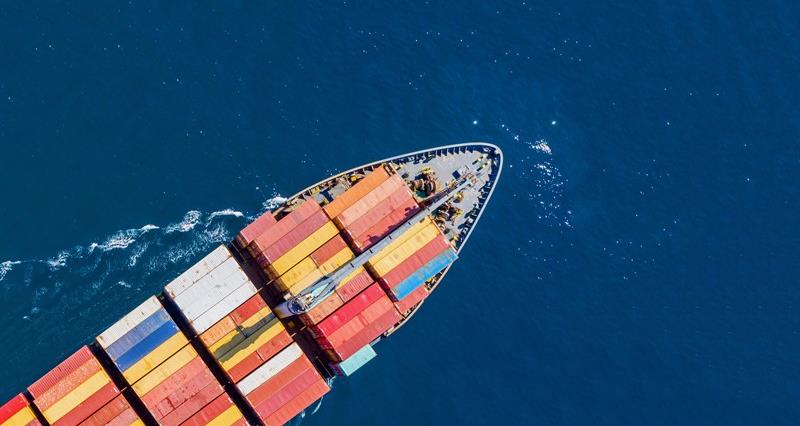Within the broader definition of national security, the NSS (national security strategy) refers to food prices: “National security today means so much more than it used to – from the health of our economy, to food prices, to supply chains, from safety on the streets to the online world.
“And as we move to 5%, we need a plan for how we will maximise this opportunity to make our nation stronger. That is the purpose of NSS 2025.”
Climate change induced threats to food security
“A country without a secure food supply is a country weakened, and a resilient food system should always be considered a strategic priority.”
NFU President Tom Bradshaw
The strategy acknowledges the impact of climate change and the challenge this presents to national security and food, stating that “competition for basic resources, including food and water” is something the UK will have to contend with.
The report adds: “Increased migration and population displacement will continue to place pressure on borders, infrastructure and public services, and potentially increase distrust and disinformation.”
Global food markets are becoming increasingly vulnerable to disinformation and manipulation with national and organisational level actors having significant interest in reducing market transparency. This over-amplifies market volatility which is already vulnerable to climate change and geopolitical tensions.
The publication of the report follows a NATO summit held in the Netherlands earlier this week, where the Prime Minister pledged to spend 5% of the UK's GDP on national security by 2035.
In the document the government warns that, “for the first time in many years, we have to actively prepare for the possibility of the UK homeland coming under direct threat, potentially in a wartime scenario”.
Food security is recognised as part of national security in the report: “We need to increase our preparations for potential threats on the horizon, from future pandemics to energy and supply chain disruption and climate-change induced threats to our food security.” However, food supply chains will need to see practical ideas and supportive policy if that is to ring true.
The final nod in the report is to defending our territory, which for food and energy is about preventing hostilities towards our ability to import.
Producing more of our own food
Responding to NSS 25, NFU President Tom Bradshaw said: “The events over the past week have clearly demonstrated the volatile world we now live in. Food is a global trade which means it’s particularly vulnerable to geopolitical tensions, manipulation and weaponisation. Its production is all too often at the mercy of climate change and global energy shocks, and we’ve seen only recently the impact this can have on food price inflation."
Domestic food price inflation continues to increase ahead of the headline CPI (Consumer Prices Index) measure. In May 2025, annual CPI food inflation was 4.2% vs. the overall CPI of 3.4%. Since 2019, food prices have increased by nearly 40%. This is adding financial pressure on households, eating into disposable incomes and risks being a barrier to economic growth, which is critical to funding increasing defence commitments.
Tom added: “While the strategy acknowledges the risk to food prices and to food security from climate change, it doesn’t fully recognise the scope of the dangers facing the global food system.
“The best way to minimise these inflationary risks is to produce more of our own food so we are less reliant on imports. With the UK population expected to grow 10% by 2050, this would also provide important growth opportunities.
“A country without a secure food supply is a country weakened, and a resilient food system should always be considered a strategic priority when it comes to national security. I urge ministers to work with farmers to develop practical and ambitious policies which will help build resilience within our supply food chains, support farm businesses to adapt to climate change, and invest in our domestic energy sector.”


